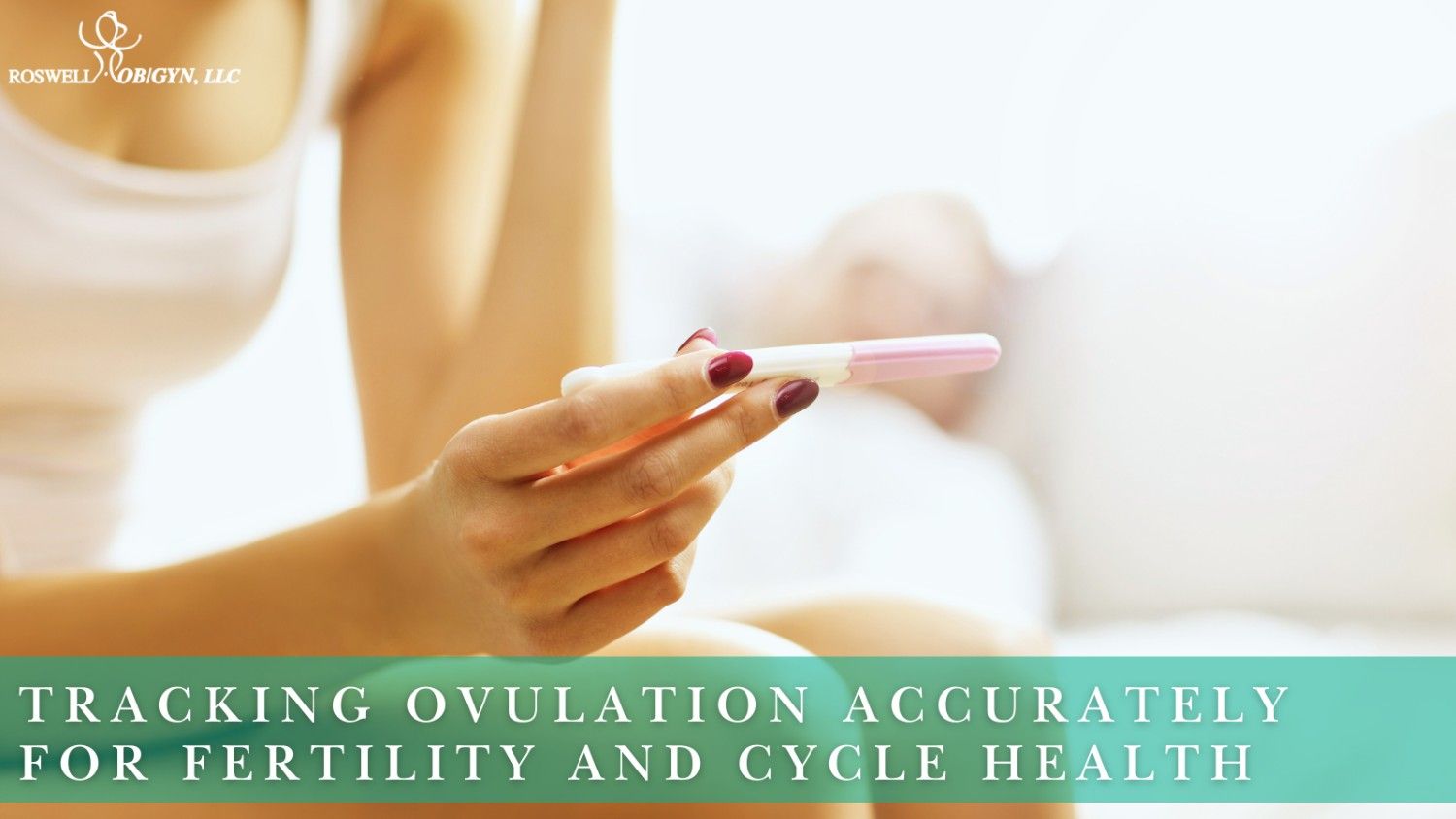Figuring out how many weeks pregnant you are starts with identifying the first day of your last menstrual period and counting forward to today. Pregnancy lasts approximately 40 weeks (280 days), and your estimated due date falls at the end of that timeline. An OBGYN can confirm your gestational age through ultrasound imaging and clinical evaluation, ensuring you have accurate dates for planning your prenatal care. How to Calculate Your Due Date Step by Step The standard method for calculating Read more
Can You Get Pregnant on Your Period? The Truth
Yes, you can get pregnant on your period, though the likelihood is lower than at other times in your cycle. Many women assume menstruation provides natural protection against pregnancy, but the biology of conception is more complex than this common belief suggests. Understanding how your cycle, ovulation timing, and sperm survival interact helps you make informed decisions about contraception and family planning. Your OBGYN can provide personalized guidance based on your unique cycle pattern Read more
Early Signs of Pregnancy Before Missed Period
Many women experience subtle body changes days before their period is due. These early pregnancy symptoms occur because hormonal shifts begin immediately after a fertilized egg implants in the uterine lining. Recognizing these signs helps you understand your body's signals and determine when to take a pregnancy test or schedule a visit with your OBGYN for confirmation. Understanding Why Symptoms Appear Early Pregnancy symptoms can emerge as early as one to two weeks after conception, often bef Read more
Why Is My Period Late? 12 Reasons Besides Pregnancy
A late period can be unsettling, especially when pregnancy isn't a factor. Your menstrual cycle responds to many influences throughout your body, and understanding the common causes behind irregular periods can help you know when to seek professional guidance. This guide explores 12 reasons your period might be delayed and explains how an OBGYN can help identify the underlying cause. Understanding Your Menstrual Cycle Your menstrual cycle operates through a complex interaction between your Read more
Menstrual Irregularities: When to Worry and What to Do
Changes in your menstrual cycle can feel unsettling. You might notice your period arriving earlier than expected, skipping a month entirely, or lasting longer than usual. These shifts are more common than you might think, and understanding when they signal a need for medical evaluation can provide both clarity and peace of mind. Approximately one-third of women experience abnormal uterine bleeding at some point during their reproductive years, according to StatPearls medical resources. Ma Read more
Preparing for Perimenopause: Lifestyle Changes That Help
Perimenopause marks the transitional years before menopause, when your body begins shifting away from its reproductive phase. This period typically begins in your mid-40s but can start earlier for some women. Working with your OBGYN or a menopause specialist helps you understand these changes and develop strategies that minimize discomfort while protecting your long-term health. The good news? Many perimenopause symptoms respond well to lifestyle modifications. By making intentional chang Read more
HPV and Cervical Dysplasia: What Is Your Risk?
Human papillomavirus (HPV) infection is the primary cause of cervical dysplasia, a condition where abnormal cells develop on the cervix. Understanding your personal risk factors helps you take proactive steps to protect your cervical health through routine screenings and preventive measures. Your OBGYN can assess your individual risk and recommend an appropriate screening schedule based on your age, health history, and lifestyle factors. What Is Cervical Dysplasia and How Does HPV Cause It? Read more
The Importance of Chlamydia and Gonorrhea Screening for Young Women
Sexually active young women face higher risks for chlamydia and gonorrhea infections than any other age group. These bacterial infections often develop without noticeable symptoms, making routine STD testing the only reliable way to detect them early. When caught through regular chlamydia screening and gonorrhea screening, both infections respond well to simple antibiotic treatment. Left undetected, they can cause severe reproductive health complications. Why Routine Screening Matters for Y Read more
Understanding Vulvodynia: Causes and Treatment Options
Chronic vulvar pain affects many of us, yet it often goes undiagnosed for years. Vulvodynia is a complex condition characterized by persistent discomfort in the vulvar area (the external part of the genital region) without an identifiable cause like infection or skin disease. If you experience ongoing vulvar discomfort, talking with an OBGYN can help you understand what you're feeling and rule out other conditions. Below, we’ll walk through the possible causes, symptoms, and treatment opti Read more
Tracking Ovulation Accurately for Fertility and Cycle Health
Accurate ovulation tracking gives us control over our reproductive health and empowers us to make informed decisions about our fertility journey. Learning to recognize our body's natural signals provides valuable insight into our cycle patterns, hormonal balance, and overall wellness. Working with OBGYN professionals ensures we receive reliable guidance, while understanding the fundamentals helps us become an active partner in managing our reproductive health. Understanding Our Ovulation Cy Read more











